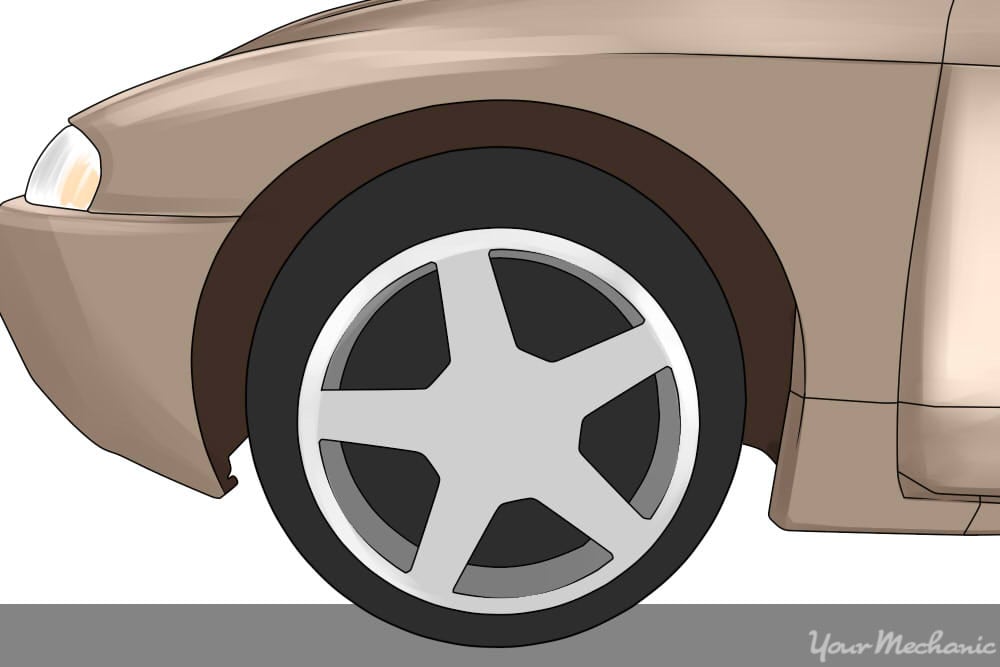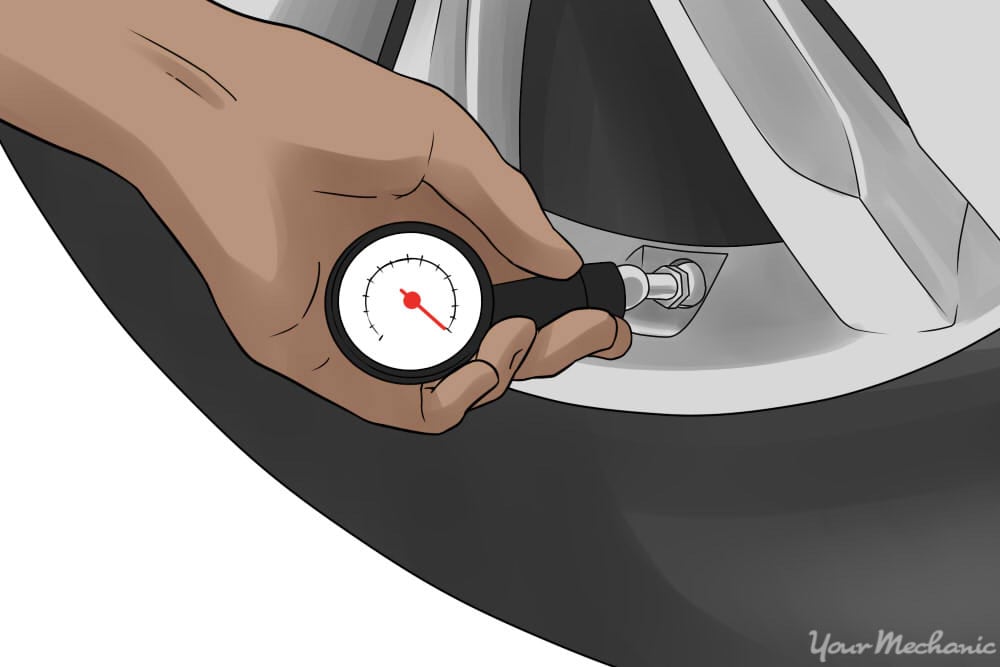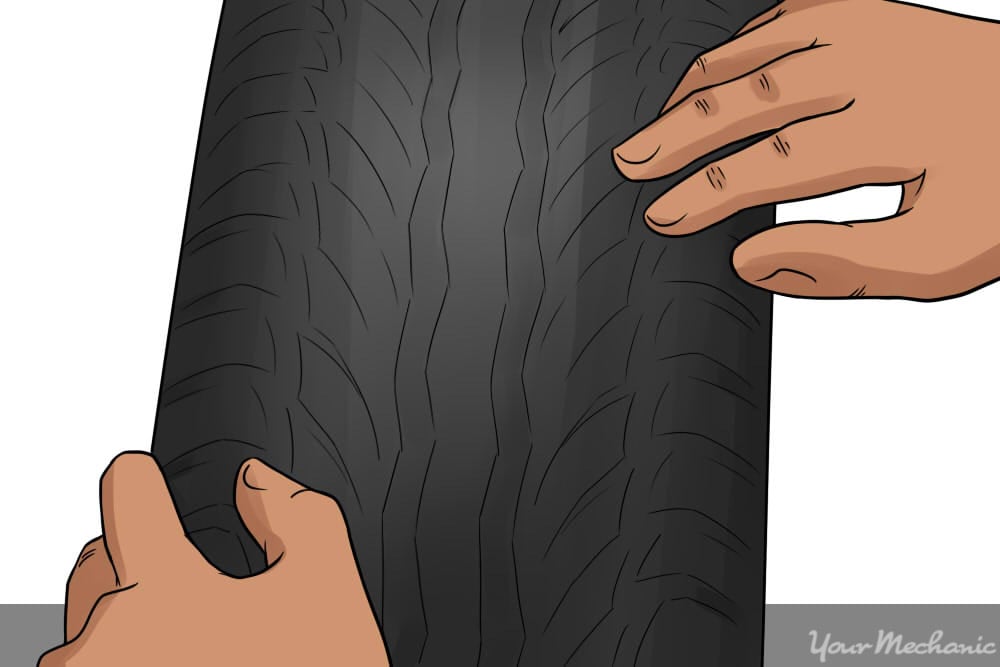

The tires are extremely important parts of your vehicle and should always be properly maintained. Unfortunately, one of the elements of proper tire maintenance is tire replacement. The painful reality is that every set of tires has a limited shelf life, and will eventually need to be replaced.
Tire replacement is not the cheapest element of vehicle maintenance. It goes without saying, then, that increasing the lifespan of your tires is very desirable, as it allows you to drive more miles between pricy tire replacement.
While there’s no way to eliminate the need for a tire replacement (unless you simply never drive your car), you can easily increase the lifespan of your tires, and thus decrease the amount of money you have to spend replacing them.
It only takes a few, simple steps to greatly increase the lifespan of your car’s tires.
Part 1 of 2: Inspect your tires frequently
Step 1: Check the tire pressure regularly. Every week, use a tire pressure gauge to check the air pressure in all four tires, making sure that the pressure is at the proper level for your specific vehicle. If your tires are not properly inflated, they will not last nearly as long as they should.
Whenever you notice that one of the tires has low pressure, inflate it to the proper level as soon as possible.
- Tip: To learn what air pressure level is optimal for your vehicle, consult the Tire and Loading Information Label, which is located on the inside of the driver’s door.
Step 2: Inspect the tires regularly. Every week or two, you should perform a visual inspection of your vehicle’s tires.
Look for nails or rocks that have punctured the tire, as well as for small leaks and uncommon wear and tear on the treading. By performing this visual inspection, you will be able to nip any tire issues in the bud.
- Tip: When performing a visual inspection, also run your hands over the tires to make sure there is no damage or leaking.
Part 2 of 2: Properly maintain and clean your tires
Step 1: Rotate your tires. Have your tires rotated every 6,000 miles. Rotating your tires on schedule is one of the best things you can do for the lifespan of your tires. Proper tire rotation helps evenly distribute the wear and tear on your tires, which makes them last much longer.
Ideally, you should have your tires rotated every 6,000 miles; if you don’t feel comfortable rotating your tires, a mobile mechanic from YourMechanic can come do it for you.
Step 2: Make sure your tires are aligned. If your tires are not properly aligned, they will develop wear and tear in all the wrong ways, and they will not have a very long lifespan.
- Tip: You will often notice that your car is not driving quite correctly when the tires are misaligned. If your car is handling poorly, or drifting to one side or the other, have your tires aligned.
Step 3: Clean your tires. Cleaning your tires helps get rid of debris that can cause damage and shorten the lifespan of your tires.
Whenever you wash and clean your car, you should also clean the tires by scrubbing the treading with a bristled brush. This will remove any objects and debris that may dig into or grate your tires.
- Tip: After brushing the tops and sides of your tires, roll your car forward or backward a foot or two, so that you can wash the other sides.
By following these tips and practices, you’ll be able to greatly increase the lifespan of your car’s tires. Tires that last longer are much less of a hassle, and save you a lot of money. If you notice a lot of uneven wear, feathering or cupping on the tires, get a certified mechanic from YourMechanic to perform an inspection and diagnose the cause of the problem.





